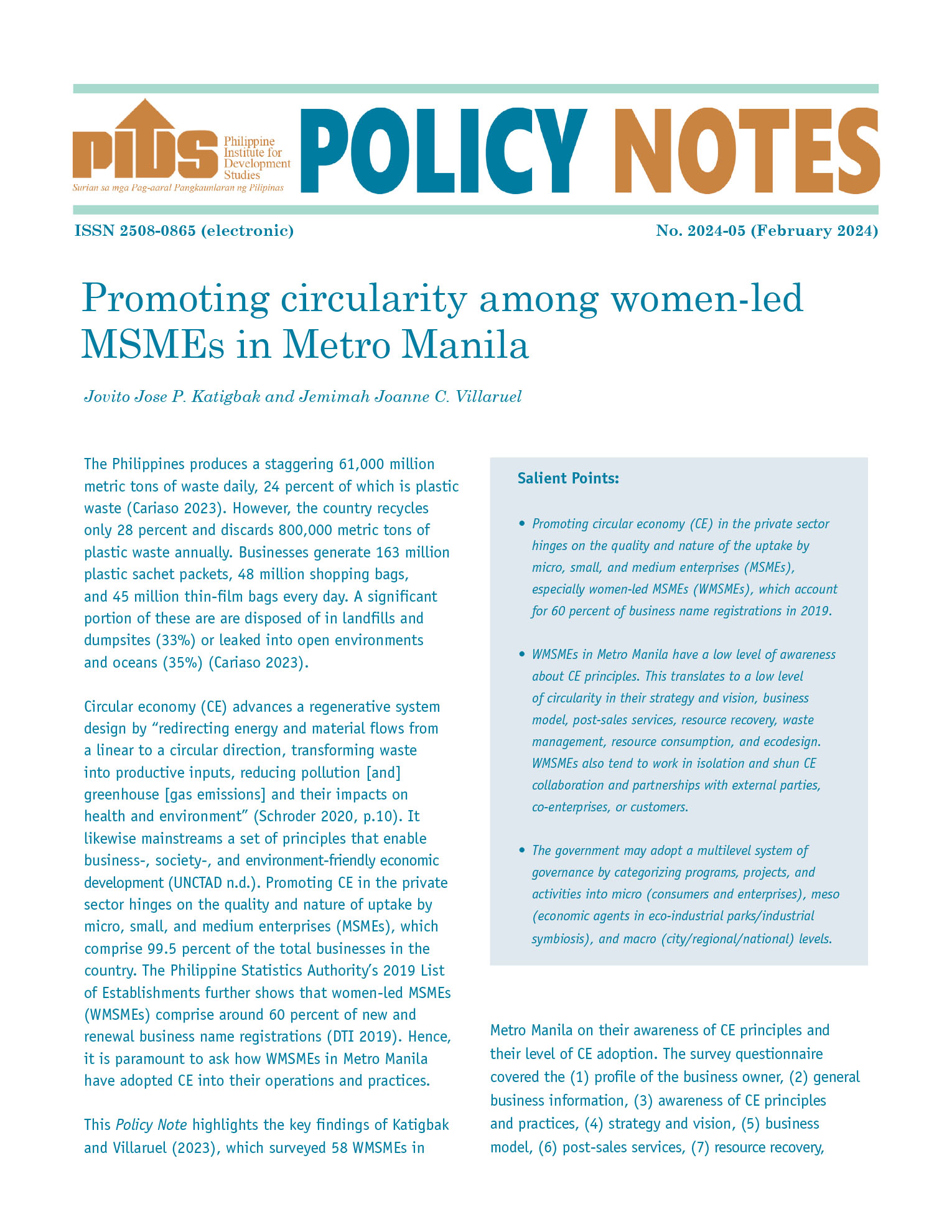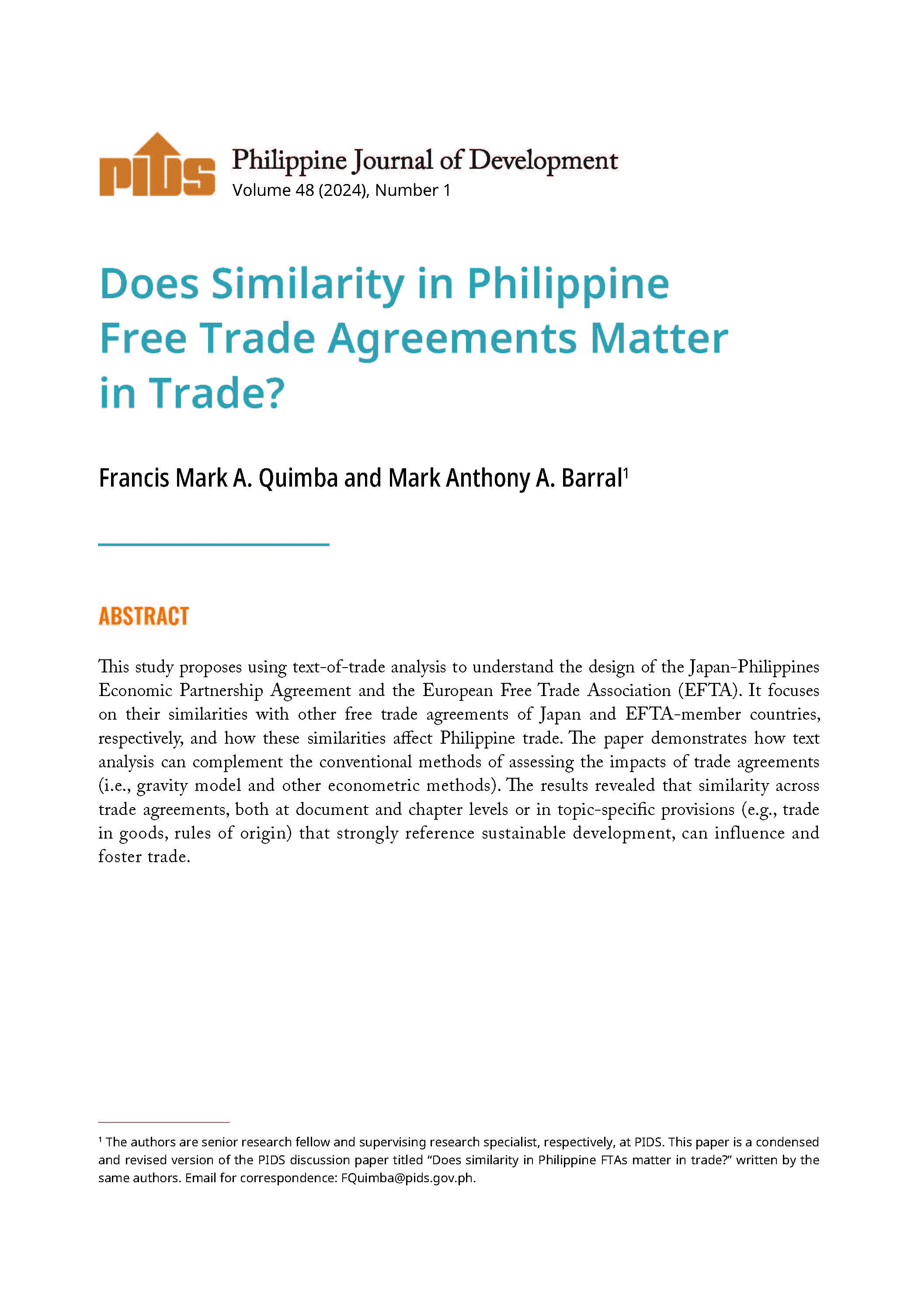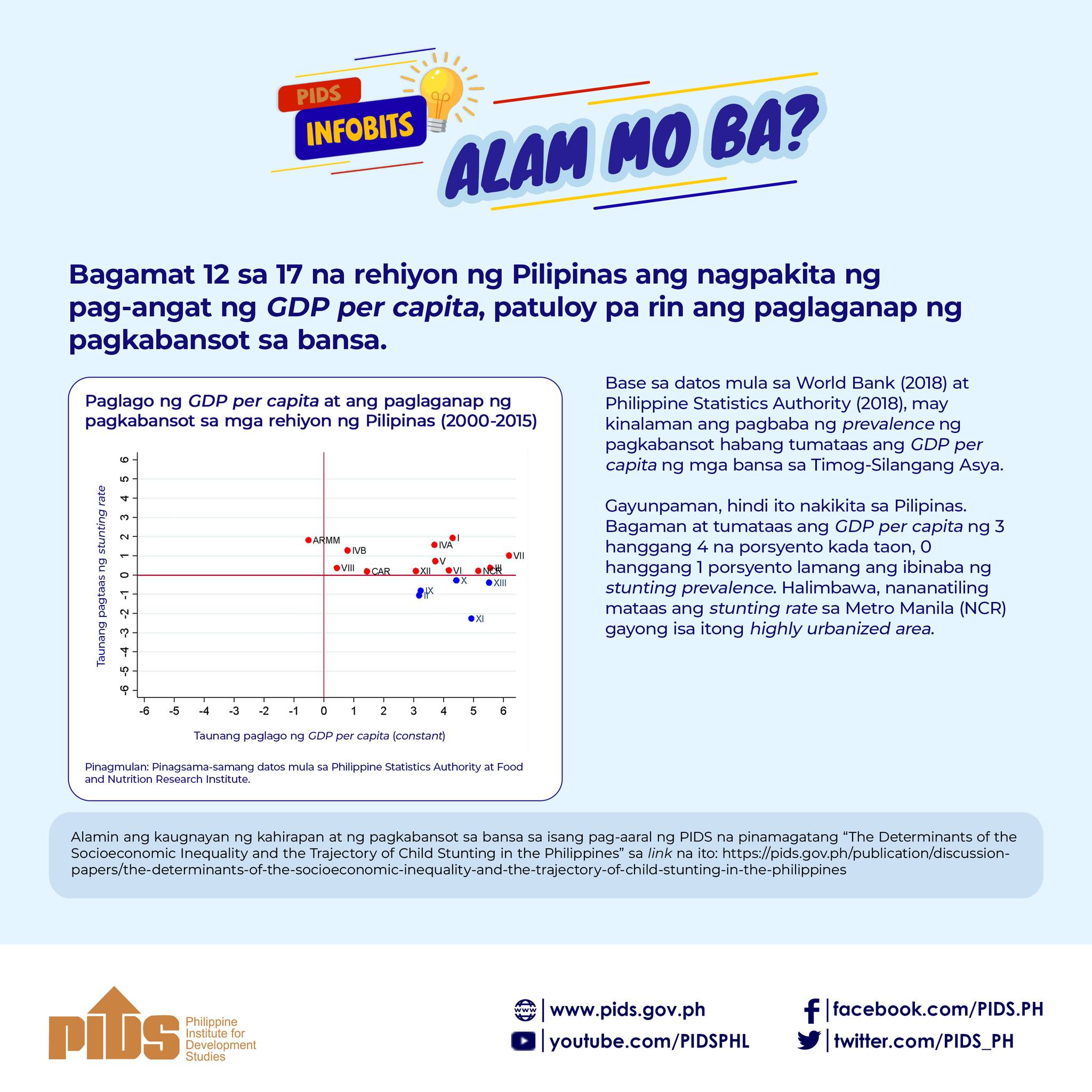MANILA – The Philippines could miss a 2-percent growth in the real gross domestic product (GDP) if the country fails to ratify the Regional Comprehensive Economic Partnership (RCEP), a research fellow from Philippine Institute for Development Studies (PIDS) said.
PIDS research fellow Francis Mark Quimba said during his presentation to the Senate Committee on Foreign Relations on Friday that Vietnam and the Philippines are the top gainers of RCEP in terms of change in real GDP, while China and Singapore are the least.
Quimba said the growth will be driven by the reduction in trade costs due to tariff elimination and reduction under the free trade agreement (FTA) and increasing factory gate prices which translate to higher revenue and higher income for producers.
“Aside from missing out on the 2 percent growth in GDP, we will experience 0.26 percent decline if other countries will proceed and we’ll be left behind,” he added.
The PIDS fellow research added that even the country will resort to bilateral FTA rather than ratifying the RCEP, it cannot compensate for the benefit of joining the regional trade deal.
The Department of Trade and Industry (DTI) and other agencies involved in the negotiations of RCEP have presented the impacts of the new trade agreement to the Senate Committee on Foreign Relations as they seek the Senate’s concurrence to proceed with the FTA.
DTI Assistant Secretary Allan Gepty said RCEP participating countries target to implement the FTA by January 2022.
For the RCEP to enter into force, at least six ASEAN member states and three trading partners should deposit their instrument of ratification.
DTI Secretary Ramon Lopez said Brunei Darussalam, Cambodia, Laos, Singapore, and Thailand from ASEAN while China and Japan as ASEAN FTA partners have ratified RCEP in their respective countries.
“It is critical that we complete our domestic procedures within the year so the Philippines can join the implementation of the Agreement by January 2022. In this respect, we hope for the strong support of the Senate Committee on Foreign Relations in securing the concurrence of the Senate to ratify the RCEP,” Lopez said. (PNA)
PH could miss 2% growth in GDP if RCEP not ratified












